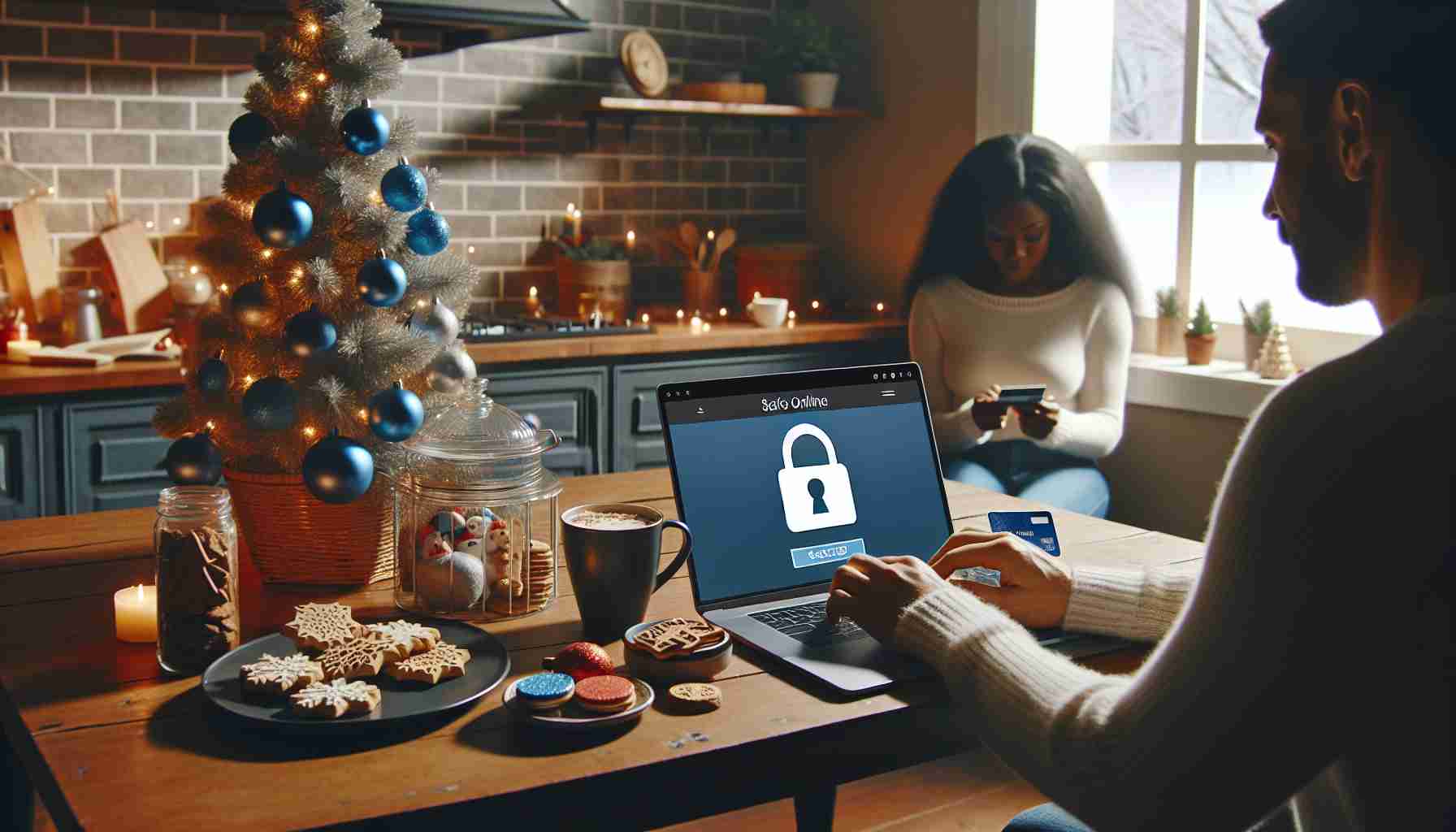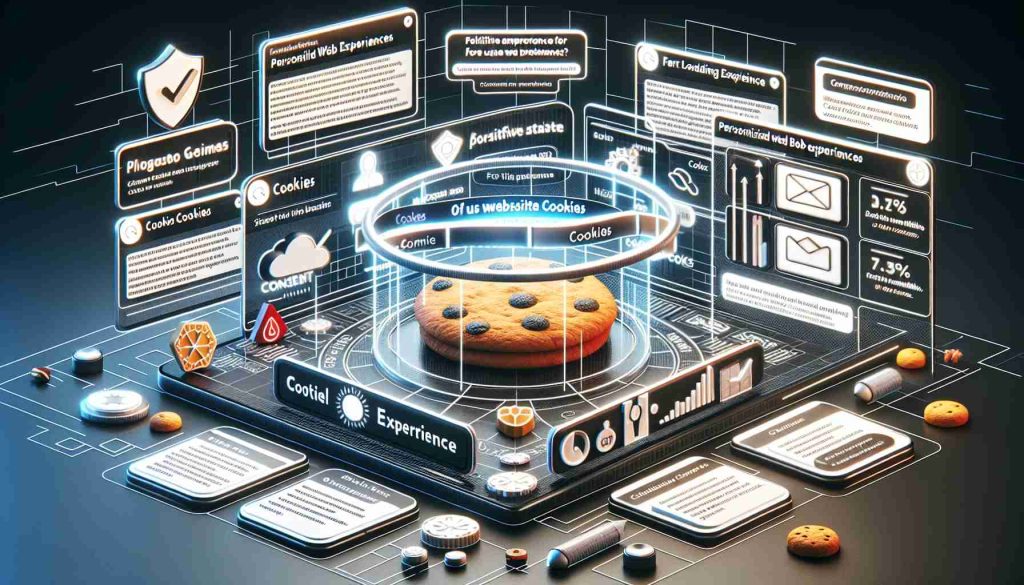As the national holiday approaches, many individuals are excited to travel and enjoy their time off. However, this is also a crucial period to prioritize personal information security. It is essential to stay vigilant and protect sensitive data from potential threats.
One key precaution is to avoid sharing travel documents, such as train and flight tickets, online. These documents often contain personal details, including identification numbers, which could be exploited by cybercriminals using advanced techniques.
Additionally, sharing images of intricate house keys should be avoided. With the clarity of modern photography, details in a photo can allow someone to replicate your keys, posing a significant security risk.
Be cautious when posting location-tagged photos on social media. Doing so may inadvertently reveal your home address, leading to unwanted issues. Furthermore, photos of important identification documents like passports or driver’s licenses should be handled carefully, ensuring that sensitive numbers are obscured in public posts.
It’s also advisable to safeguard the privacy of children and elderly family members. Sharing their images or details could enable malicious individuals to exploit this information.
When using public Wi-Fi, stick to trusted connections and refrain from accessing personal accounts or making purchases. Furthermore, properly dispose of old devices by thoroughly erasing their data to prevent recovery by others.
Lastly, remain skeptical of phishing schemes and only download apps from verified sources, limiting access to personal information. Being proactive can help ensure a fun and secure holiday experience.
Smart Tips and Life Hacks for a Safe Holiday Season
As we gear up for the excitement of the upcoming national holiday, it’s important to keep in mind the safety of our personal information. Traveling and relaxing should not come at the cost of our security. Here are some valuable tips, life hacks, and interesting facts to help you stay secure while enjoying your break.
1. Use Encrypted Messaging Apps
When communicating your travel plans or sharing updates with friends and family, opt for encrypted messaging platforms such as Signal or WhatsApp. These apps help ensure that your conversations remain private and secure from prying eyes.
2. Set Up Two-Factor Authentication (2FA)
Enable 2FA on your accounts whenever possible. This adds an extra security layer that can protect your sensitive information even if your password is compromised. Make it a habit to update your passwords regularly, especially before you travel.
3. Keep Your Devices Updated
Make sure that your smartphones, laptops, and tablets have the latest software and security updates. Manufacturers regularly release updates to patch vulnerabilities, and staying current can protect you from potential cyber threats.
4. Use Virtual Private Networks (VPN)
When connecting to public Wi-Fi networks, always use a VPN. This helps encrypt your internet traffic, making it much harder for hackers to intercept your data. Avoid accessing sensitive accounts or making transactions over unsecured networks.
5. Create a ‘Travel Kit’ for Important Documents
Consider creating a digital ‘travel kit’ that includes scanned copies of essential documents, such as your passport and ID. Store this securely in a cloud service with encryption. In case of loss or theft, you’ll have access to vital information without the need to carry everything physically.
6. Be Cautious with Public Wi-Fi
Consider this: did you know that cybercriminals can set up fake Wi-Fi networks to steal your information? When using public Wi-Fi, ensure you are connecting to legitimate networks, and avoid activities that could put your sensitive information at risk.
7. Review Privacy Settings on Social Media
Before sharing anything online during your holiday, take a moment to review your privacy settings on social media platforms. Limiting who can see your posts can greatly reduce the risk of exposing your location or personal details to strangers.
8. Take Advantage of Smart Home Technology
If you have smart home devices, use them to your advantage. Set your lights to mimic your usual pattern, or install security cameras that you can monitor remotely. This can deter potential intruders and keep your home more secure while you are away.
9. Be Prepared for Emergencies
Lastly, consider preparing an emergency contact list which includes numbers for your bank, the local police, and family members. Make it accessible, whether it’s on your phone or a written copy in your wallet, to ensure quick access if anything goes awry.
By heeding these helpful tips and adopting a security-focused mindset, you can enjoy a safe and relaxing holiday season. For more insights on personal security and tips to stay safe, visit Security Bits.























